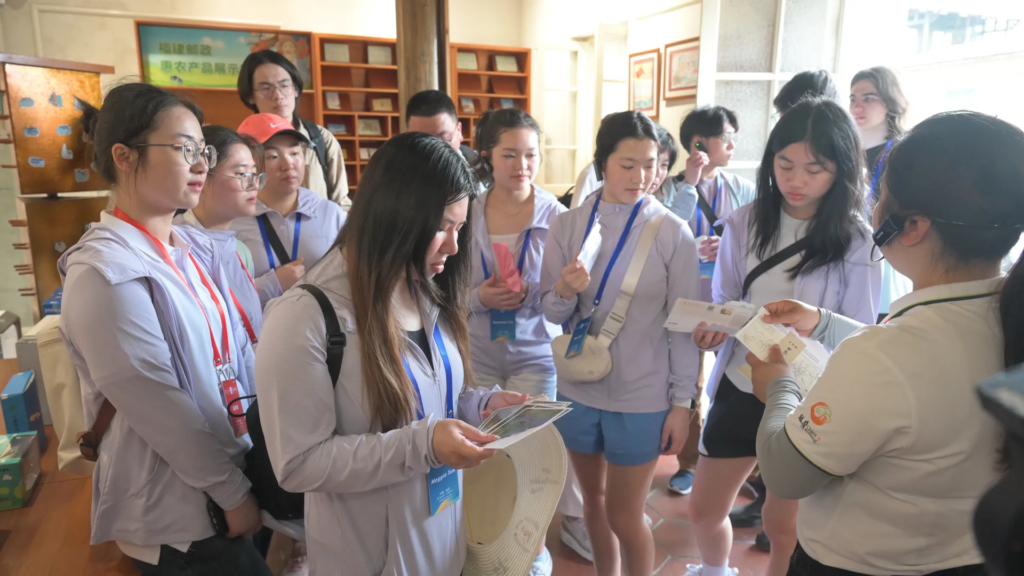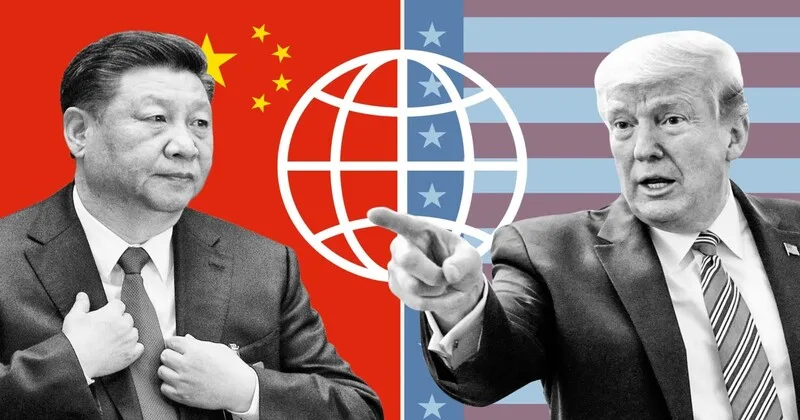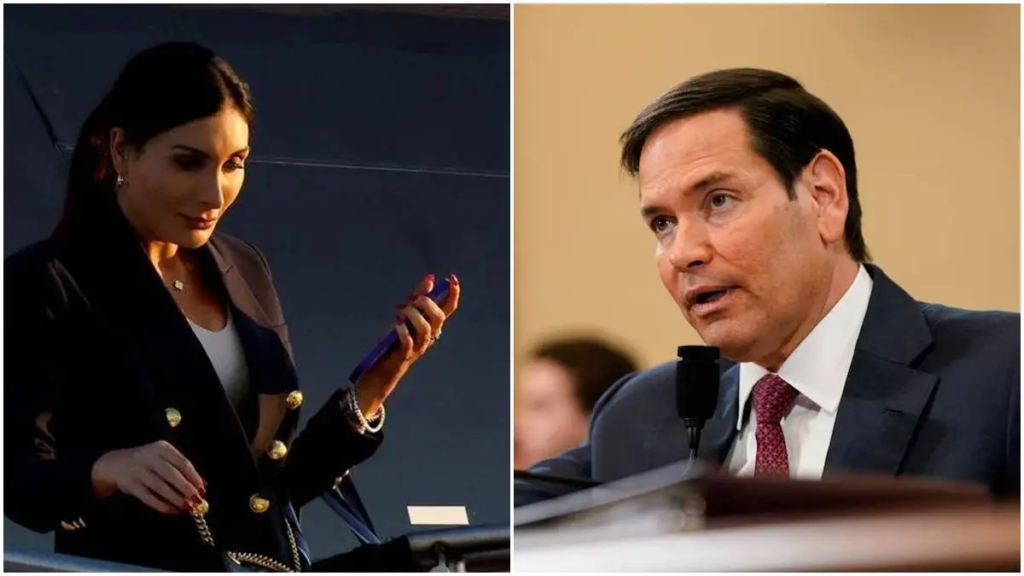In a significant escalation of U.S.-China tensions, the United States has announced plans to “aggressively” revoke visas for Chinese students, particularly those with ties to the Chinese Communist Party (CCP) or those studying in “critical fields.” The announcement, made by Secretary of State Marco Rubio on May 28, 2025, has sent shockwaves through academic communities, affecting over 277,000 Chinese students currently enrolled in U.S. universities. This policy, driven by national security concerns, marks a new chapter in the Trump administration’s hardline stance on immigration and academic collaboration with China.

Background of the Policy
The decision to revoke visas comes amid growing concerns in Washington that Beijing may be leveraging U.S. academic institutions to access sensitive research and technology. According to Rubio, the U.S. State Department, in collaboration with the Department of Homeland Security, will target students with connections to the CCP or those involved in fields such as artificial intelligence, robotics, and other advanced technologies deemed critical to national security. While the term “critical fields” remains undefined, it is widely believed to encompass STEM disciplines, particularly those related to physical sciences and emerging technologies.
In the 2023-2024 academic year, Chinese students made up approximately 25% of the 1.1 million international students in the U.S., contributing significantly to the economy with an estimated $43.8 billion in economic impact, according to a 2024 report by the Association of American Universities. However, Republican leaders have increasingly voiced concerns about Chinese students gaining access to federally funded research at top institutions like Harvard and Duke, which they argue could be used to circumvent U.S. export controls and national security laws.
The policy builds on actions taken during President Donald Trump’s first term, which included restrictions on Chinese students in STEM fields in 2020 and the banning of China-funded Confucius Institutes from U.S. campuses. Rubio, a long-time China hawk, was instrumental in those efforts and has now doubled down on this approach as Secretary of State.
National Security Rationale
The Trump administration’s rationale for the visa revocations centers on fears of espionage and intellectual property theft. U.S. officials have expressed concerns that the Chinese government may recruit U.S.-trained scientists to transfer knowledge back to China, potentially undermining American technological dominance. A 2023 House Republican report highlighted that hundreds of millions of dollars in U.S. defense funding were supporting research partnerships linked to the Chinese government, raising alarms about “back-door access” to sensitive technologies.
Ashley Moody, Florida’s Attorney General, has been a vocal supporter of the policy, citing a Stanford University report that uncovered alleged CCP intelligence-gathering activities on U.S. campuses. In a post on X, Moody stated, “How can we keep offering 300,000 student visas to Chinese nationals every year when we know they are legally required to gather intelligence for the CCP? We need to pass my STOP CCP Visas Act to protect our national security.”
The State Department has also announced plans to enhance vetting procedures, including reviewing applicants’ social media activity and academic backgrounds. This follows recent moves to monitor immigrants’ social media for signs of anti-Semitism or support for designated terror groups, indicating a broader push to tighten immigration controls.

Impact on Chinese Students
The announcement has left Chinese students in the U.S. grappling with uncertainty and fear. Many, like Cici Wang, a 22-year-old computer science student at the University of Chicago, worry that their academic and professional plans are at risk. “Hopefully, I’ll be fine,” Wang told The New York Times, “but I’m not sure.” Students in Beijing applying for U.S. visas have also reported increased scrutiny of their social media accounts during interviews, adding to the anxiety.
The policy’s vague criteria—particularly the lack of clarity on what constitutes a “connection to the CCP” or a “critical field”—have fueled confusion. For instance, Anson, a 23-year-old graduate student at Georgetown University, told Al Jazeera that while he understands U.S. concerns about national security, the broad scope of the policy feels like a political move aimed at Trump’s domestic audience rather than a targeted security measure.
Chinese students, who often pay full tuition and contribute significantly to U.S. universities, are now questioning their future in the country. Some fear abrupt deportations, while others worry about losing academic credits or being unable to complete their degrees. The Chinese government has condemned the move, with Foreign Ministry spokesperson Mao Ning calling it “unreasonable” and a violation of students’ rights. Beijing has lodged formal protests with the U.S., warning that the policy could disrupt people-to-people exchanges and further strain bilateral relations.
Implications for U.S. Universities and Innovation
The visa crackdown poses significant challenges for U.S. universities, which rely heavily on international students to offset the cost of financial aid for American students. The Association of American Universities has urged policymakers to balance national security with the need for global academic collaboration, warning that restrictive visa policies could harm U.S. innovation in STEM fields. A 2022 analysis by the National Foundation for American Policy found that 55% of U.S. startups valued at over $1 billion were founded by immigrants, many of whom were former international students.
Denis Simon, a former administrator at Duke Kunshan University, emphasized the potential long-term consequences, stating, “Washington has become increasingly concerned that Beijing uses open and federally funded research environments in the U.S. to circumvent export controls. But restricting talent flow may diminish the U.S.’s role as a hub for innovation, as other nations attract top scholars.”
Broader U.S.-China Relations
The visa revocations come at a time of heightened U.S.-China tensions, particularly in the realms of trade and technology. Just weeks before Rubio’s announcement, Washington and Beijing had reached a tentative truce in their trade war, with Chinese factories resuming operations and shipping containers leaving ports. However, the new visa policy, coupled with restrictions on exporting chip design software to China, threatens to unravel this progress. Chinese state media has framed the move as discriminatory, potentially prompting retaliatory measures against U.S. students or researchers in China.

The policy also aligns with broader immigration initiatives under the Trump administration, including increased deportations and social media vetting for visa applicants. Rubio has also proposed an AI-fueled “Catch and Revoke” effort to cancel visas for foreign nationals suspected of supporting groups like Hamas, reflecting a wider focus on national security.
Reactions and Perspectives
Reactions to the policy are deeply divided. On platforms like X, some users support the visa revocations as a necessary step to protect U.S. interests. Others, however, criticize the move as overly broad and damaging to academic freedom and diplomacy. Universities and international education groups have called for policies that safeguard both security and openness, warning that the U.S. risks losing its competitive edge in global education and innovation.
The Chinese embassy in Washington has not yet responded to requests for comment, but the policy has already sparked heated discussions online. Political commentator Laura Loomer escalated the rhetoric by alleging that Chinese President Xi Jinping’s daughter, reportedly living in Massachusetts, is under protection from China’s People’s Liberation Army. While such claims remain unverified, they highlight the charged atmosphere surrounding the issue.
Looking Ahead
As the Trump administration moves forward with its visa revocation plan, the lack of clarity on its scope and implementation continues to raise questions. How many students will be affected? Which fields will be deemed “critical”? And how will the U.S. balance its national security concerns with its role as a global leader in education and innovation? For now, Chinese students and U.S. universities are left navigating a landscape of uncertainty, with the potential for significant disruptions to academic and diplomatic ties.
For more information on the economic impact of international students, visit the Association of American Universities. To understand the broader context of U.S.-China academic relations, see this Reuters report. For insights into the national security concerns driving the policy, check out this Al Jazeera analysis.
Also Read :- Stricter Helmet Laws Tied to Far Fewer Motorcyclist Injuries and Deaths, Study Shows






